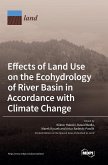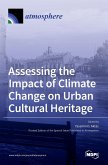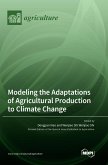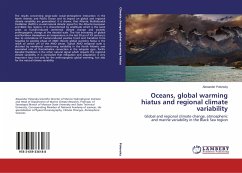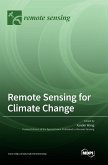- Water resources management should be assessed under climate change conditions, as historic data cannot replicate future climatic conditions. - Climate change impacts on water resources are bound to affect all water uses, i.e., irrigated agriculture, domestic and industrial water supply, hydropower generation, and environmental flow (of streams and rivers) and water level (of lakes). - Bottom-up approaches, i.e., the forcing of hydrologic simulation models with climate change models' outputs, are the most common engineering practices and considered as climate-resilient water management approaches. - Hydrologic simulations forced by climate change scenarios derived from regional climate models (RCMs) can provide accurate assessments of the future water regime at basin scales. - Irrigated agriculture requires special attention as it is the principal water consumer and alterations of both precipitation and temperature patterns will directly affect agriculture yields and incomes. - Integrated water resources management (IWRM) requires multidisciplinary and interdisciplinary approaches, with climate change to be an emerging cornerstone in the IWRM concept.
Bitte wählen Sie Ihr Anliegen aus.
Rechnungen
Retourenschein anfordern
Bestellstatus
Storno


